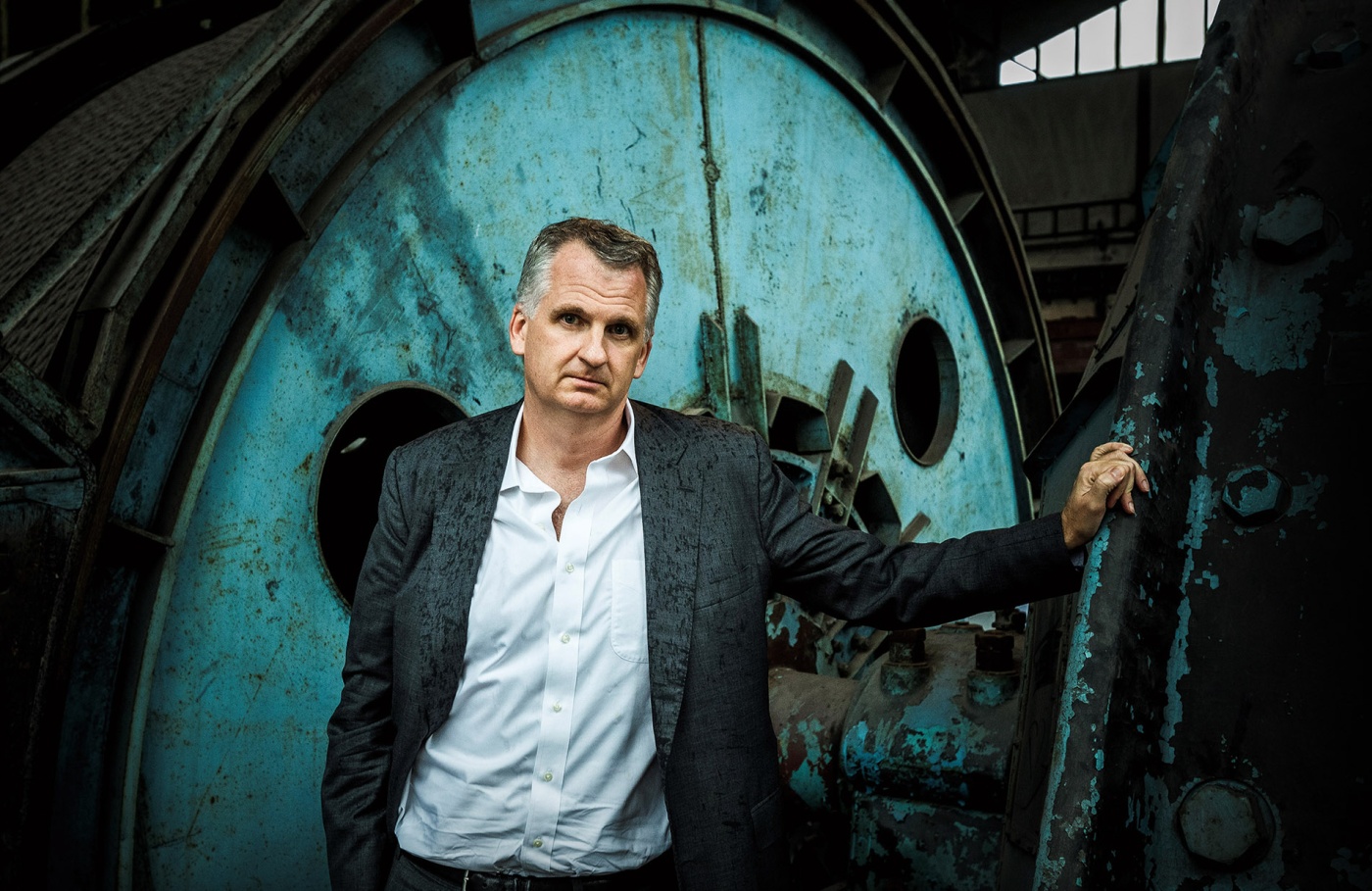“History ought to be written well,” says historian Timothy Snyder ’91. “There are very few problems in history so complex that we can’t write well about them. It’s often that we, as historians, take the easy way out when we write badly.”
Thanks to that philosophy, in 2018, Snyder’s academic book Bloodlands became a rare crossover hit. Bloodlands tracked mass killings across the European continent in the years before and during World War II as Hitler and Stalin fought over Ukraine. That book, plus two that followed—The Road to Unfreedom and On Tyranny—turned Snyder into a public face, often appearing on MSNBC and writing for publications like the New York Times.
Snyder never planned to become a so-called “public intellectual.” For decades, he’d been content to write deeply researched accounts of modern Eastern European history, churning out biographies of Polish cubist painters and cross-dressing Austrian archdukes, monographs on the evolution of European nationalism, and volumes on Stalinism in relative obscurity.
The trick to winning any public audience for your work, Snyder says, is just strong writing that makes complex topics comprehensible to a wide audience. It’s a lesson, he says, that every historian should take to heart.
His latest book, On Freedom, published in September, is a case in point. The book is a series of vignettes rooted in Snyder’s own upbringing in Ohio, multiple trips he’s taken to wartime Ukraine, and even his experiences teaching about freedom in a prison, giving the book a memoir-like feel.
By building the book’s argument via a series of smaller stories, he hopes to show that arguments don’t have to be built out through bluster, nor should people be so careful with their words that they’re constantly correcting themselves into the kind of “self-disappearance” that he says is becoming more common on college campuses. Instead, he crafts a narrative arc that shows what he got wrong along the way while thinking about freedom. It’s an intellectual journey he wants to go on with the reader.
On Freedom draws its title from Snyder’s bestselling 2017 political pamphlet On Tyranny, which outlined 20 lessons from the 20th century that contemporaries should bear in mind when resisting attacks to democracy.
“On Tyranny is about protecting something, but what is that thing you want to protect?” he asks. “That’s what this new book is about.”
The goal of On Freedom, Snyder explains, is to “rescue the word freedom” from the idea that it’s merely “the absence of things that constrain me.”
“That is, I think, philosophically, obviously wrong,” he says, “and politically, that’s incredibly dangerous, because it turns freedom into inaction.”
As Snyder writes in the preface, “Freedom is not just an absence of evil but a presence of good,” acting as a kind of “meta-value” that makes all the other values possible.
Brown even plays a role in the narrative. “There was this sense of freedom, actually, in this positive sense that there’s this huge wealth of classes to be chosen,” Snyder recalls, referring to Brown’s Open Curriculum. “The intellectual history I was able to study at Brown is still influencing what I write. I’m still working through those ideas.”




